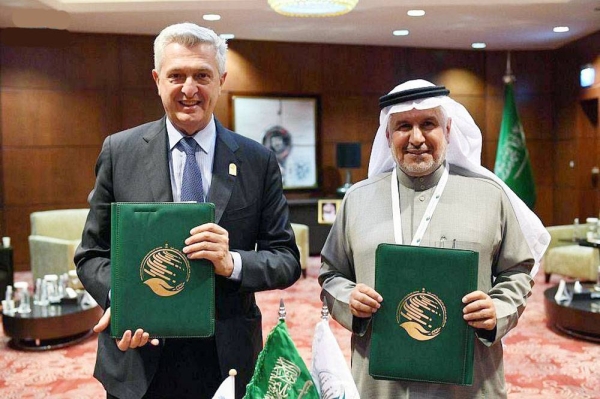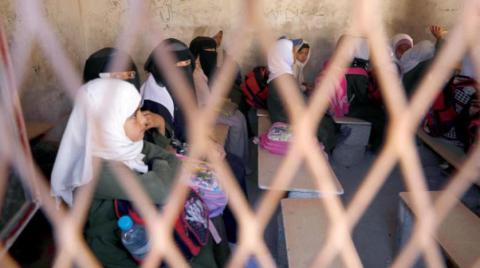
NEW YORK — Three UN agencies on Thursday welcomed $127 million in new funding from the World Bank to provide life-saving support to some of the country’s most hard-hit rural families, struggling under the impact of multiple crises.
In a country reeling from over six years of incessant conflict, economic disruptions compounded by the COVID-19 pandemic, floods and desert locusts, the Food and Agriculture Organization (FAO), UN Development Programme (UNDP), and World Food Programme (WFP) will use the funds to fight the spread of extreme hunger in Yemen.
“Food insecurity is one of the most pressing human development challenges facing Yemen,” said Tania Meyer, World Bank Country Manager.
“Within the broader context of the ongoing conflict and economic crisis, the combination of a high household dependence on food imports, high food prices, and significantly reduced income are having a devastating impact on people"s lives”.
Strengthen food sources
Approximately $61 million will support FAO-led activities aimed at increasing crop production, livestock and fish products; strengthening local farming systems; and establishing national-level agricultural chains.
“For millions of Yemeni families, backyard food production represents a firewall between them and the most severe manifestations of hunger”, explained FAO country representative, Hussein Gadain.
“We must boost local food production right now to prevent high acute food insecurity from spreading”, he said, while also highlighting the need to build up agriculture for food and jobs over the longer term.
Cash in hand
UNDP will receive $23.8 million for a range of climate change adaptation measures in rural Yemen, which will create temporary employment through a cash-for-work program to restore damaged public and collective productive assets, including those affected by the 2020 floods.
“This project is vital in helping Yemenis overcome compounding crises, including the fact that food crisis exists because Yemenis simply cannot afford their food, not because the food is unavailable”, said UNDP Resident Representative, Auke Lootsma.
“Rebuilding vital infrastructure is a critical starting point for longer-term recovery in Yemen,” he added.
Spotlighting women
WFP will use $42.2 million to improve the nutritional status of vulnerable rural households, focusing on improving food security for women and children by delivering specialized nutrition supplies.
The UN agency will also promote women"s entrepreneurship activities by providing both skills development opportunities and start-up grants focused on agriculture and food production.
Evidence shows that when women and girls have better access to information, resources and services, the result is improved decision-making and economic opportunities that lead to increased food security and nutrition for herself, her family, and her community”, said WFP Country Director Laurent Bukera.
“Promoting the equal and meaningful participation of women will contribute to ensuring a food secure future for Yemen”.
Multiprong methods
Although agriculture remains Yemen"s most important economic sector, conflict and disease have had a devastating impact, including limiting livelihoods.
Due to limited land and water resources along with poor agricultural practices compounded by years of war, high fuel prices, and water scarcity, the country"s agricultural sector currently supplies only 15 to 20 percent of its food
“This is why this multi-year funding from the Bank is so important”, said the FAO country representative.
The Food Security Response and Resilience project integrates “immediate support to households with medium-term interventions aimed at building resilience to future shocks", added Ms. Meyer, from the World Bank, calling it “a key piece” of the package. — UN news











